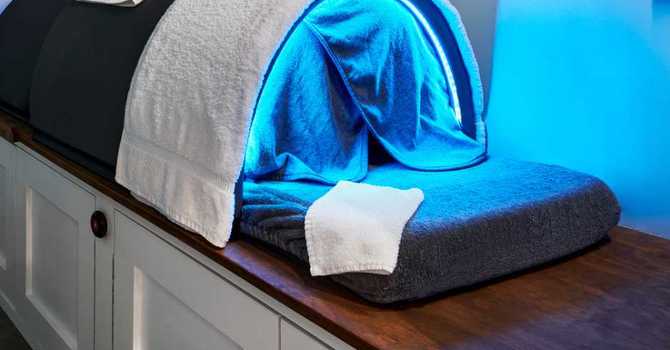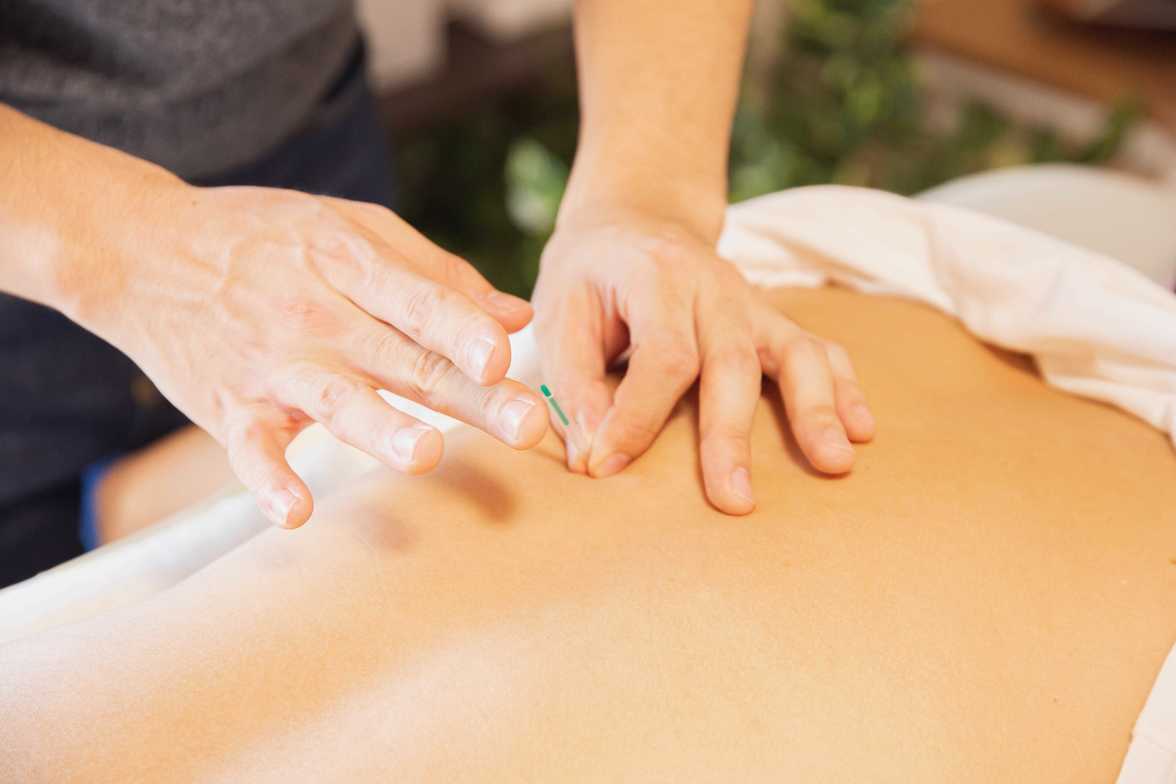
1. What is Dry Needling?
Dry Needling (DN) is the insertion of a solid, filiform needle into the skin, fascia, and muscle with the goal of decreasing pain and improving muscular function. It differs from hypodermic needles in that nothing is drawn from or injected into the tissue.
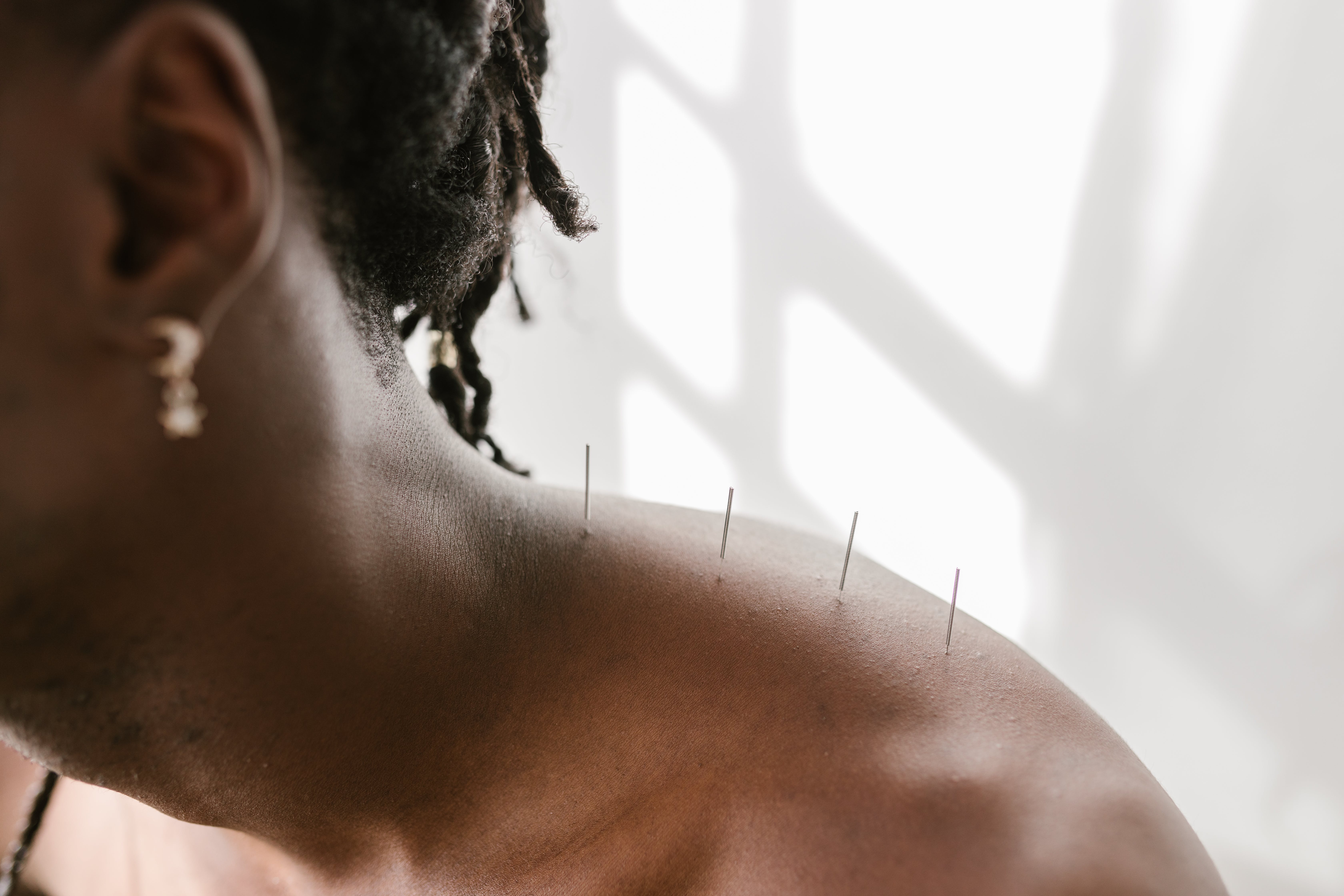
2. What Is The Difference Between Dry Needling And Acupuncture?
While the equipment may be the same, the approach is different. Acupuncture uses Ah Shi points and meridian channels derived from ancient Chinese philosophy to address both physical and psychological issues by unblocking energy and creating balance.
Dry needling uses a more direct approach with needle insertion specifically into and for trigger points in the muscle.
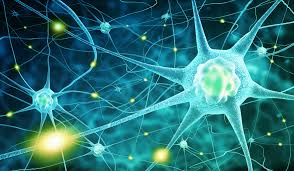
3. How Does Dry Needling Work?
Current research suggests that it creates a chemical and electrical response in the brain that relieves pain. This includes inhibiting the transmission of pain signals in our spinal cord and increasing the release of our own pain relieving chemicals within our brains. As a result of these physiologic processes, dry needling can purposefully address muscle, tendon and myofascial pain and dysfunction.
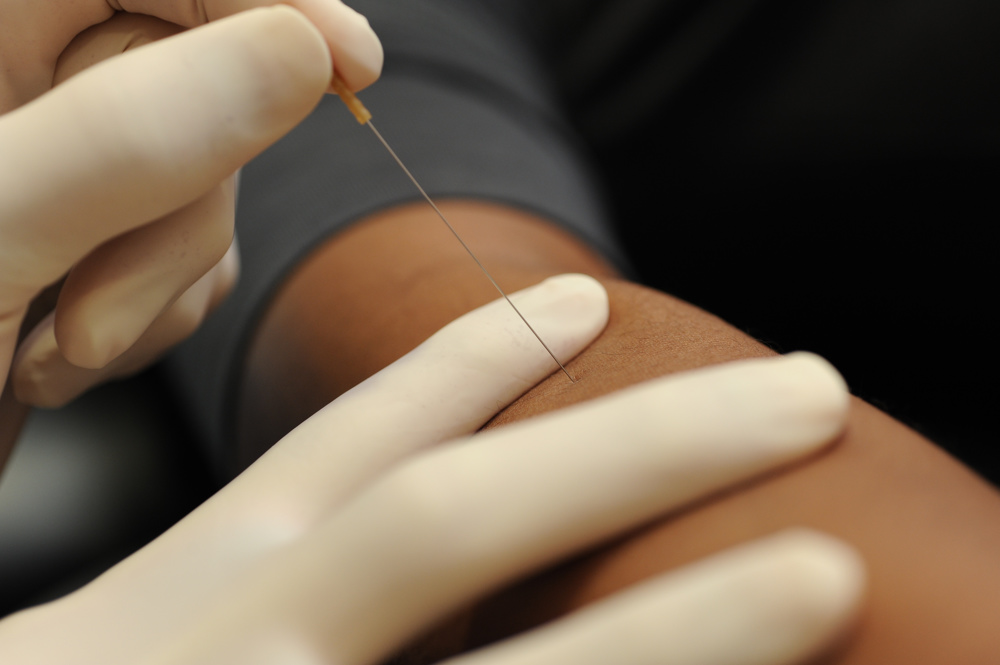
4. Is Dry Needling Safe?
At Champion Wellness we use only individually packaged, single use, sterile needles. Like any treatment, there are possible risks. However, complications are very rare and in skilled hands, should not be a major concern.
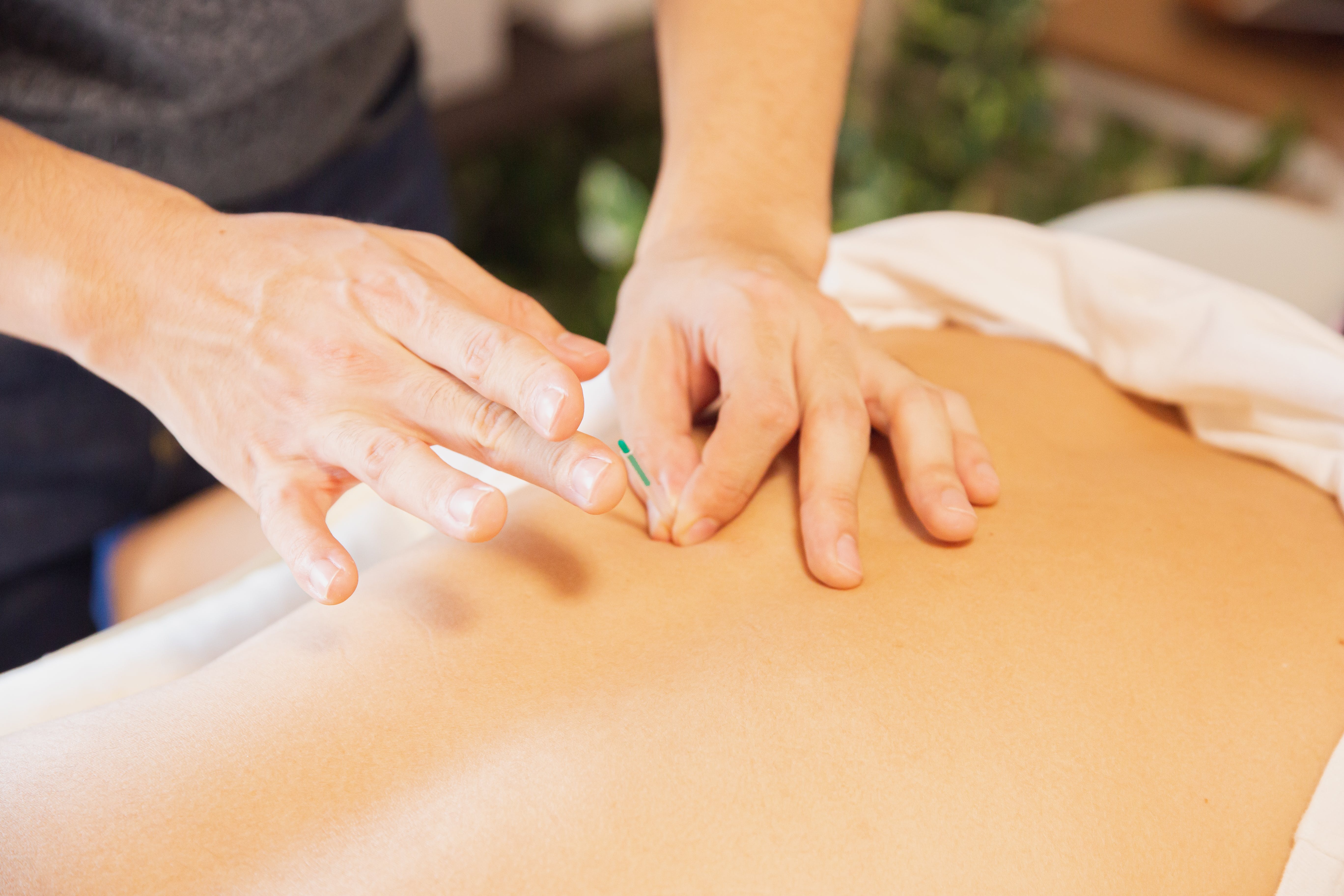
5. What Does Dry Needling Feel Like?
As previously mentioned, the needle used is thin. Like REALLY, really thin. Most patients are not even aware of the needle being inserted. During the treatment, many will feel relaxed with a slight heaviness of the limbs. Some may feel a small pinch or mild pain with sudden slight contraction of the muscle.

6. Who Can Perfom Dry Needling?
Of course, professional experience and credentials are important factors to consider when seeking a dry needling expert. Dr. Heather Champion has completed certification of the Dynamic Neuromuscular Dry Needling Foundations through Midwest Rehabilitation Institute. Certifications are available to licensed professionals such as chiropractors, physical therapists, and medical physicians.
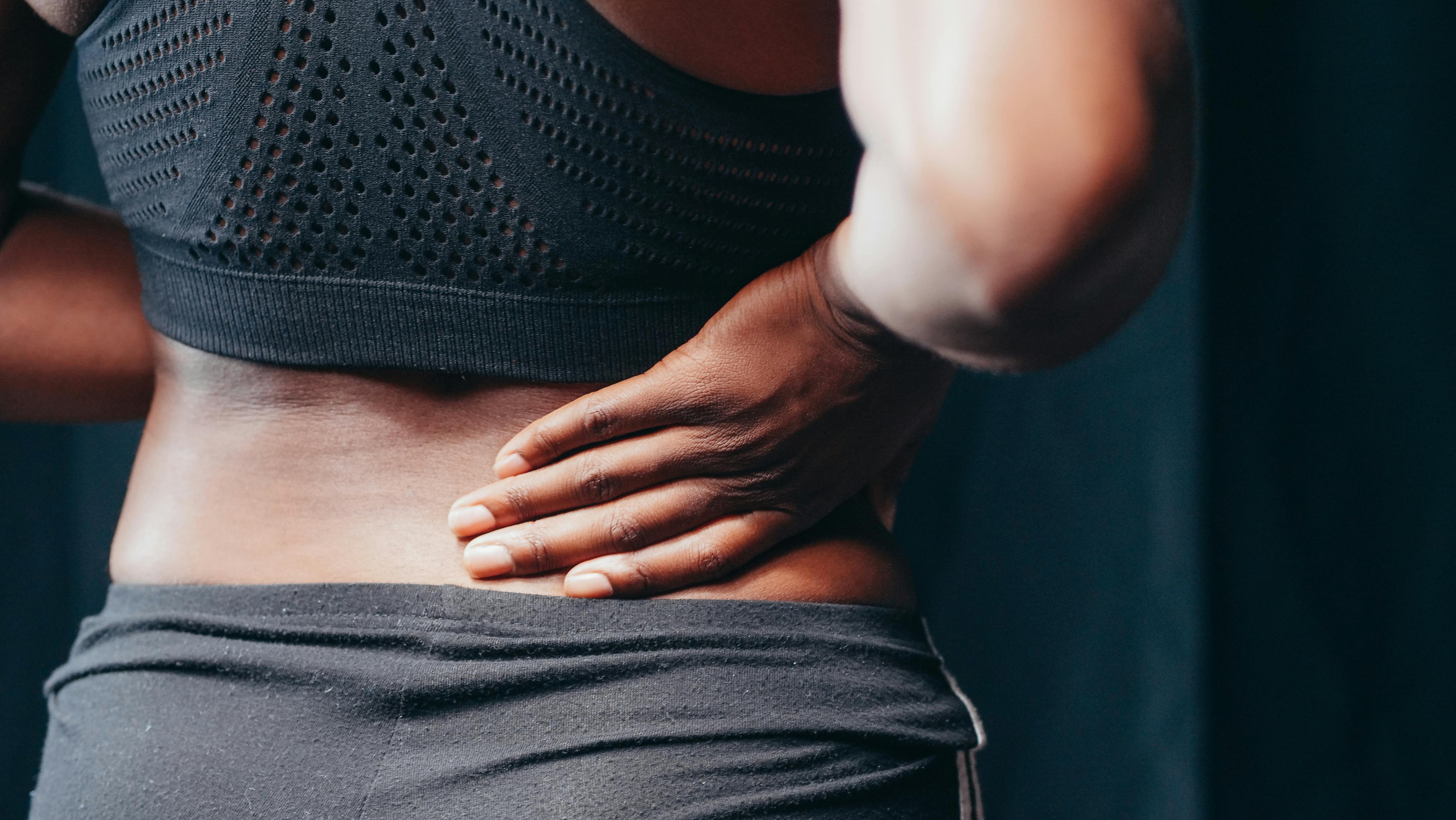
7. Who Is Dry Needling For?
DN is a safe and effective treatment for a variety of musculoskeletal issues including rotator cuff pain of the shoulder, biceps tendinitis, IT band syndrome, low back pain, piriformis syndrome, headaches, and muscle strains. Unfortunately, DN is not appropriate for those in the first trimester of pregnancy or anyone with a compromised immune system.

8. How Does It Fit Into A Treatment Plan?
First and foremost, a functional evaluation and diagnosis is necessary for every patient. Muscle tightness is common and narrowing down the cause is essential in determining if dry needling is a proper form of treatment. Like many conservative therapies, dry needling is more effective when performed as part of a comprehensive treatment plan. Most patients see faster results when DN is combined with adjustments and rehabilitative exercises.
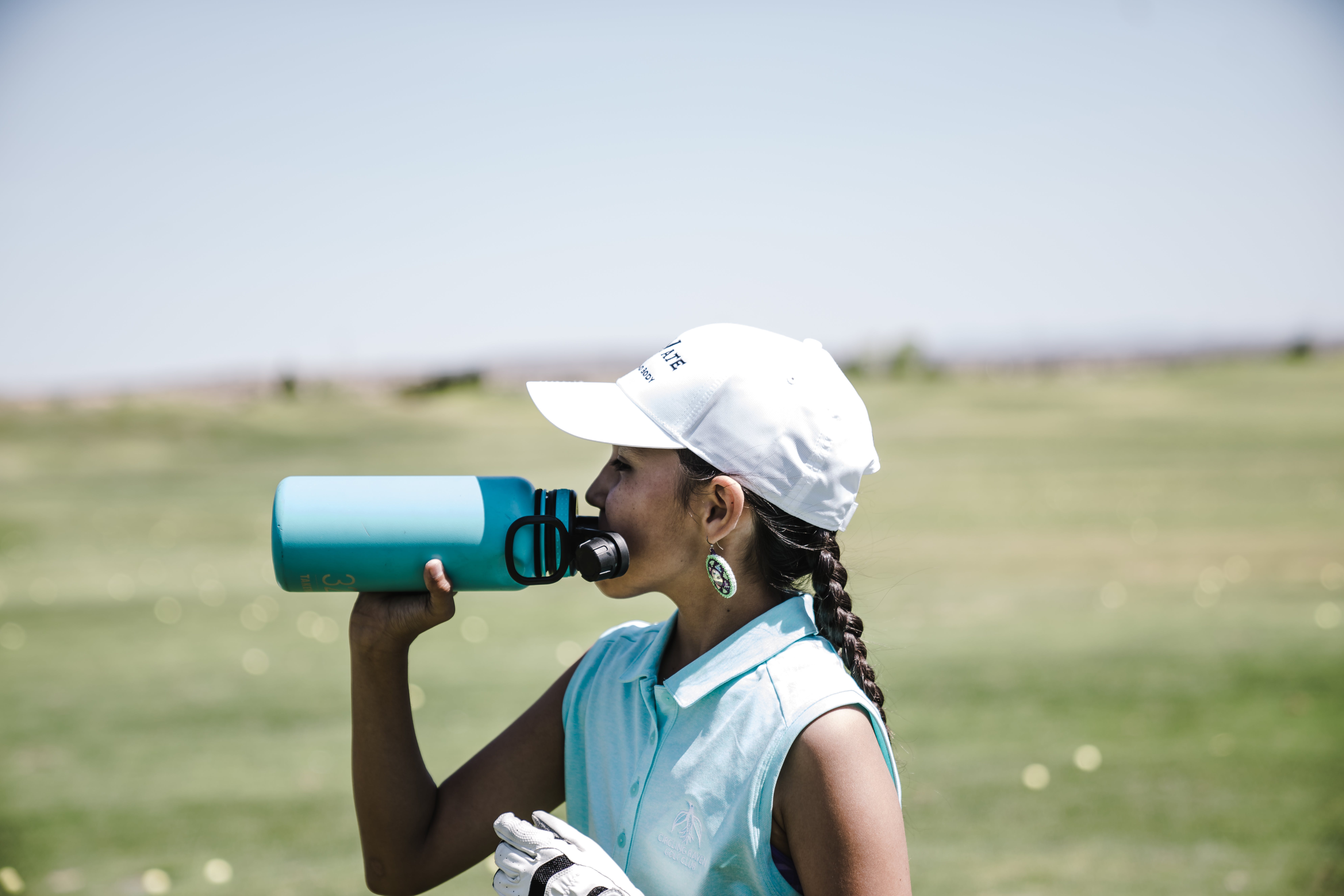
9. What should I do after?
Following treatment, the most important thing to remember is to drink plenty of water. Most people feel looser and more well-balanced and immediately resume their regular daily activities. Occasionally, heat or ice may be recommended for post-treatment soreness. It is not recommended to participate in unfamiliar activities or do more than you usually do.

10. How much does it cost
As with all services at Champion Wellness, our prices are straightforward and transparent. Dry needling is available as a standalone appointment or can be added to another service. Visit our booking site or call today to see which treatment option suits your needs the best.
Heather Champion
Contact Me